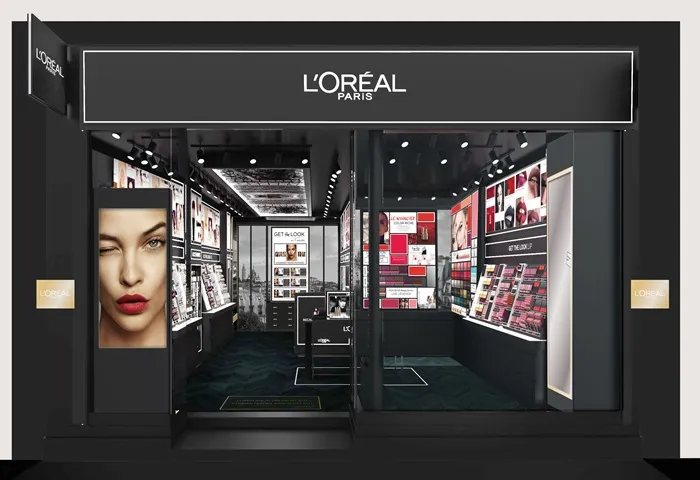In a spacious photography studio in North London, large-scale prints from handbag brand Misela’s latest campaign are displayed prominently. One image shows a blonde model relaxing on a cognac-leather sofa beside a black-and-grey tote, with a classic Manhattan skyline visible through the windows. Another print features a woman in a black gown, seated in a Venetian gondola against the backdrop of a misty Grand Canal. As guests admire the images, one person reveals the surprising truth: “Incredible, isn’t it? All created by AI.”
Artificial intelligence, a tool increasingly utilized in fashion for search functions, e-commerce, and customer service, is now making significant strides in marketing. At Paris Fashion Week last September, models walked the runway wearing Humane’s AI Pin—an innovative wearable device that integrates communication, image-capturing, and digital assistant functions. Prominent fashion brands such as Etro, Moncler, Mango, Valentino, Pandora, Revolve, and Misela have harnessed generative AI to craft eye-catching promotional images and launch new collections.
The rise of AI influencers has also sparked debates about inclusion and representation in fashion media, highlighting the broader implications of technology in shaping the industry’s future.

